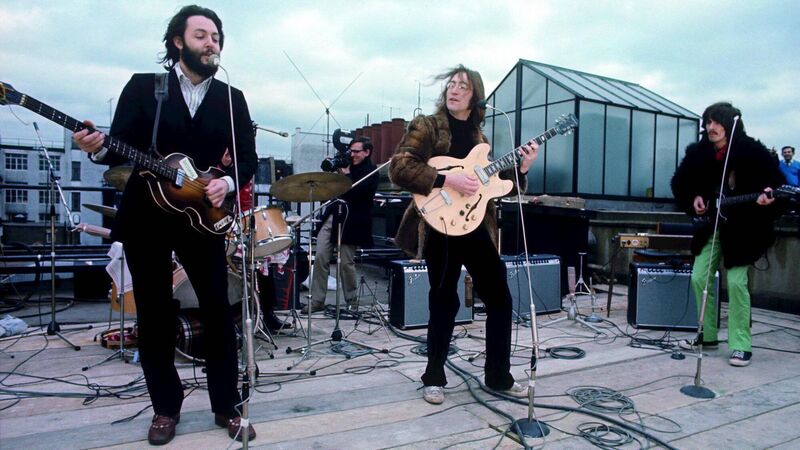The Beatles: Get Back really was a labour of Love, Love, Love

A still from The Beatles: Get Back.
Let it Be was a divisive project. The original concept was that The Beatles would set up in Twickenham Film studios in January 1969 to write and record a new set of songs. Cameras would film their every move until after only three weeks they would perform these as a live TV concert.
It was, even for them, a ridiculously ambitious plan. As the days wore on it became apparent it wasn’t going to happen. Tensions mounted and eventually the band opted for the famous rooftop performance instead.





